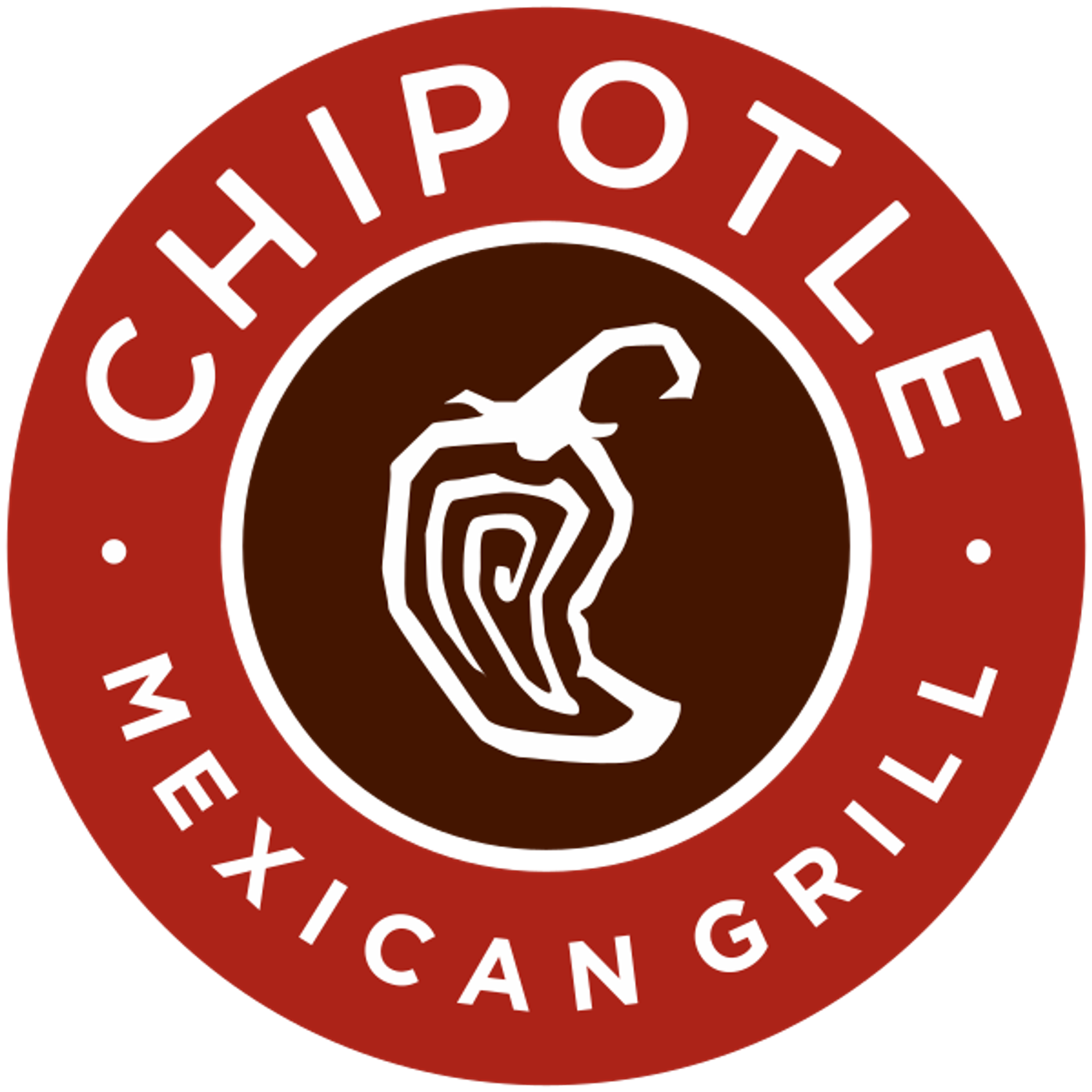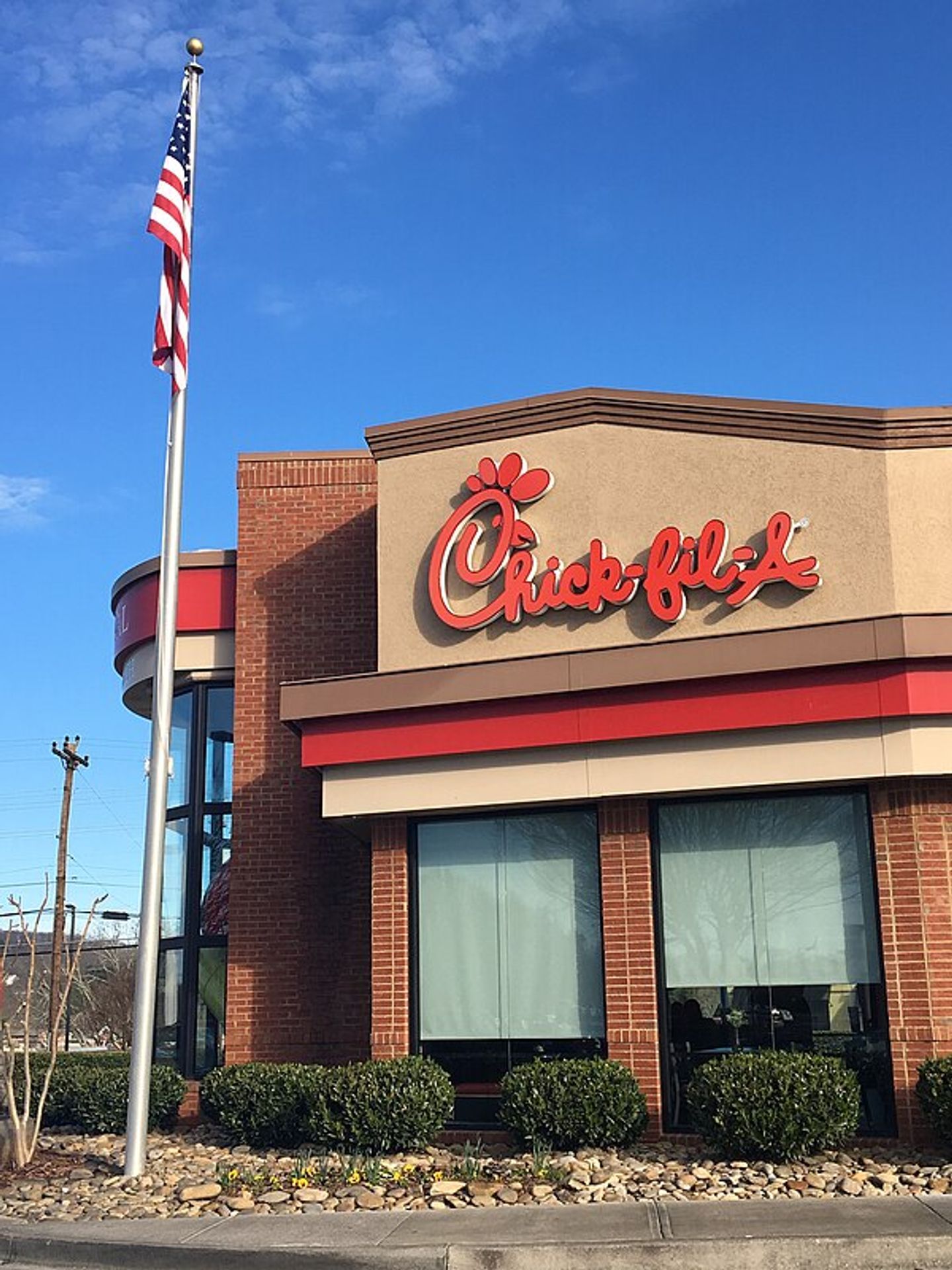
McDonald's
What do people say about McDonald's?
In the provided podcast segment, McDonald's is referenced in a casual but negative light. The speaker complains about receiving what they believe is not a genuine diet Coke from McDonald's, suggesting poor quality control or misleading product delivery. Additionally, McDonald's is mentioned in the context of a baffling marketing trend where protein is being added to unlikely fast food items like milkshakes, which comes off as a desperate or gimmicky attempt to capitalize on health trends. The overall perception is that McDonald's is part of a confusing and somewhat ridiculous push to appear healthier, which can come across as insincere or misguided. There is no positive endorsement, only mild frustration and skepticism about the brand's product quality and marketing strategies.
Where are the conversations happening?
The source is 'The Shane Dawson Podcast,' an entertainment podcast with casual, unscripted dialogue. Its informal tone allows for honest, blunt opinions rather than polished corporate messaging. The critical discussion of McDonald's happens here in a personal complaint and in a broader cultural commentary on marketing trends, reflecting skepticism and mild disdain. No other sources are provided, so the critique is limited to this entertainment channel, which likely reaches a younger, more cynical audience not easily impressed by fast food marketing gimmicks.
What are the topics trending around McDonald's?
The trending topics near McDonald's in this context include the growing trend of adding protein to all kinds of food products, even those traditionally considered indulgent or unhealthy, and consumer skepticism about such marketing moves. There is also a mention of dissatisfaction with product authenticity or quality, such as the diet Coke issue.
Why are these topics trending?
These topics emerge because speakers notice an increasing number of products, including McDonald's items, being marketed with added protein to appeal to health-conscious consumers. This trend is met with confusion and ridicule, suggesting a backlash or fatigue with health-washing strategies. The complaint about the diet Coke not being diet reflects concerns about product consistency and transparency, which can negatively impact brand trust.
How is McDonald's being talked about?
Detailed breakdown of public sentiment and conversations about this entity.
Impact vs Sentiment
See how each entity's high impact percentage relates to their positive sentiment percentage from actual mentions.




